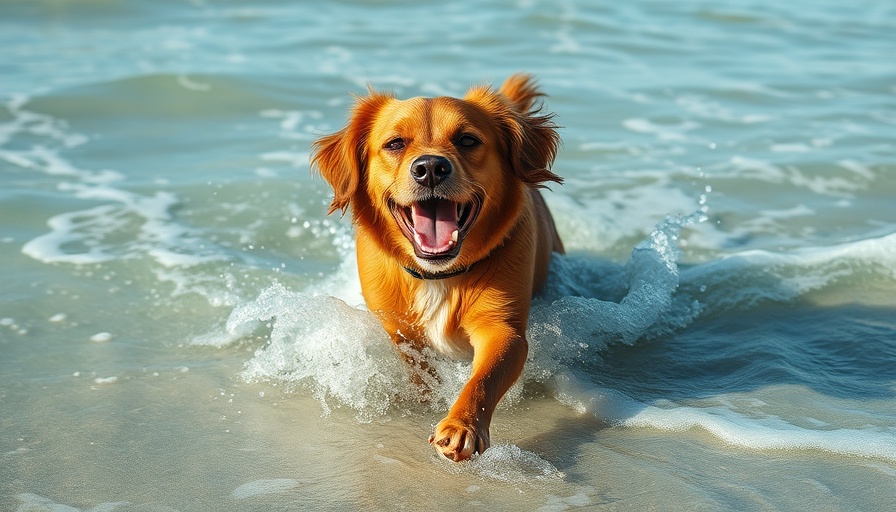
Keep Your Pets Safe This Summer: Essential Tips for Pet Owners
As temperatures rise, our furry friends need extra care to stay healthy and happy. The Jersey Society for Prevention of Cruelty to Animals (JSPCA) has released important guidelines for pet owners to follow during the hot summer months. From proper hydration to suitable walking times, these tips ensure you keep your beloved pets safe under the sun.
Hydration is Key: Always Ensure Fresh Water
One of the most critical aspects of pet care in hot weather is keeping them hydrated. Animals, just like humans, need to drink plenty of clean water, especially when the mercury rises. It’s advisable to check your pet’s water bowl regularly and refill it as needed. Adding ice cubes to their water can also make it more refreshing and enjoyable. Remember, a well-hydrated pet is a healthier pet!
Timing Your Walks: Early Mornings and Late Evenings are Best
Walking your dog is essential for their health, but during heat waves, the timing of your walks becomes crucial. The JSPCA recommends early morning or late evening walks when temperatures are more bearable. Additionally, checking the ground temperature before walks is vital. Hot pavement can burn sensitive paws, so always test it with your hand. If it feels too hot for you, it’s too hot for your pet!
Cooling Techniques to Beat the Heat
To help your pets cool down, consider some engaging activities. Offering frozen treats or ice cubes can provide relief on particularly warm days. Moreover, you can splurge on a kiddie pool for your dog or create a safe space with paddling trays filled with water. These little techniques not only cool them down but also keep them entertained!
Sun Protection: Don’t Forget the Sunscreen
Just like us, pets can suffer from sunburn, especially light-colored animals and those with minimal fur. The JSPCA suggests applying pet-safe sunscreen on vulnerable areas, such as the nose and ears, if your pet is going to be outside for extended periods. Additionally, providing ample shade is crucial; ensure there are shaded spots accessible in your backyard or courtyard.
Birds and Other Animals Need Care Too
Hot weather doesn’t just affect dogs and cats; it impacts all creatures, including birds. Jersey Birds emphasize the importance of providing clean and fresh water for garden birds throughout the day. Birds naturally need to bathe daily, so having full water bowls is essential for their hygiene and comfort. Take time to check your outdoor spaces to ensure they're safe and well-equipped for our feathered friends.
Understanding Heat Stress in Pets: What to Watch For
Heat stress can have severe repercussions if not addressed quickly. Symptoms include excessive panting, drooling, and lethargy. If you notice these signs, take immediate action by bringing your pet into a cooler environment, applying water directly (avoid wet towels that may trap heat), and offering them water. Understanding these warning signs can be lifesaving for your furry companions.
Your Role as a Responsible Pet Owner
As pet owners, it’s our duty to ensure our pets are safe, especially during extreme weather conditions. By following the JSPCA’s tips and staying vigilant about your pet's needs, you can help them enjoy the summer months comfortably. Remember, a little proactive care goes a long way in promoting the health and happiness of your pets.
As we embrace the summer vibes, let's prioritize the well-being of our pets and make responsible choices for their care. With proper hydration and safe practices, you and your pets can create happy summer memories together!
 Add Row
Add Row  Add
Add 




Write A Comment